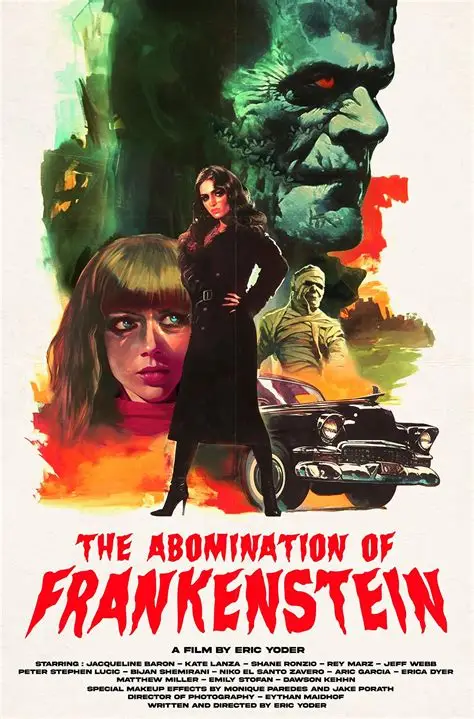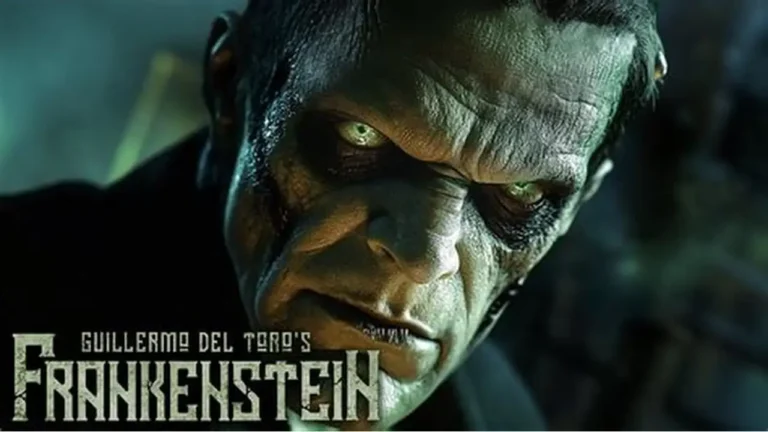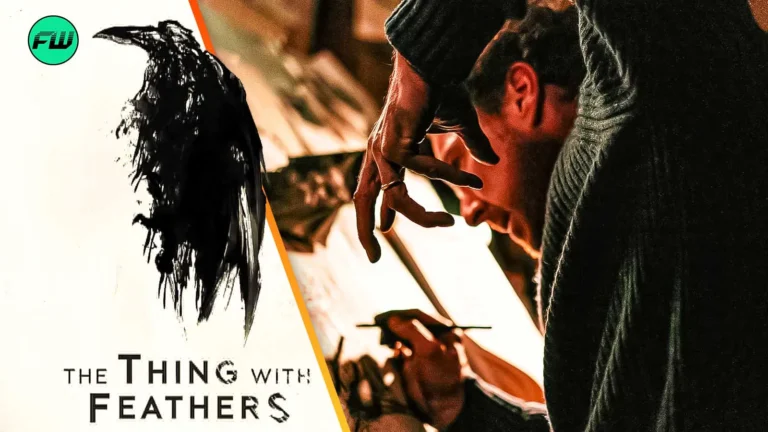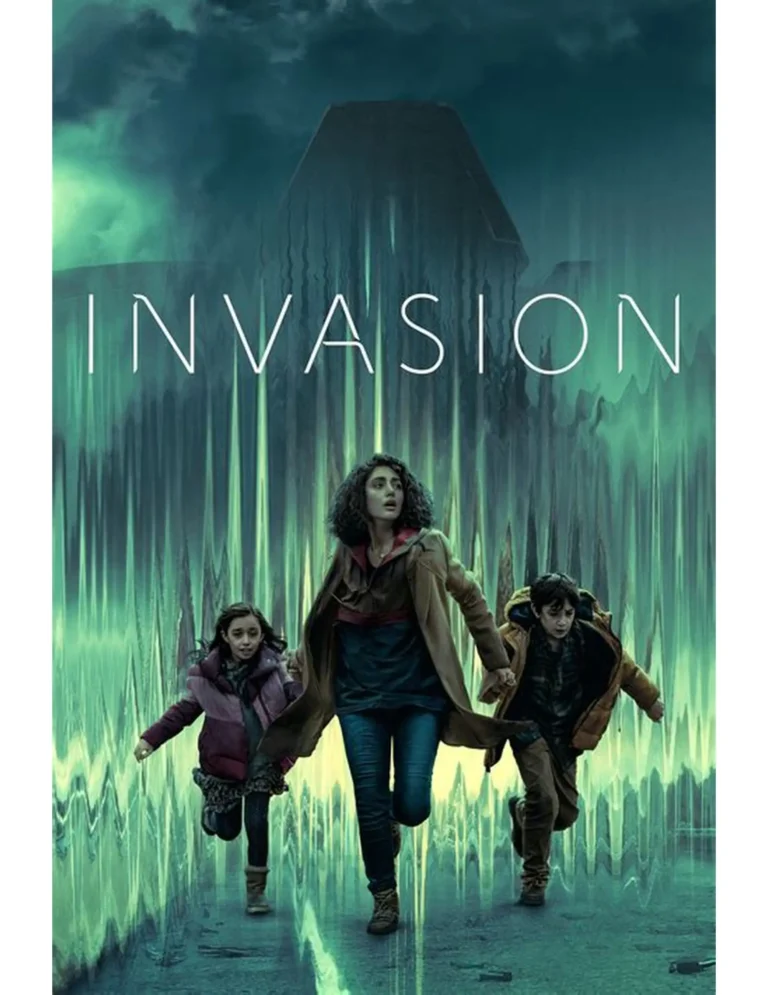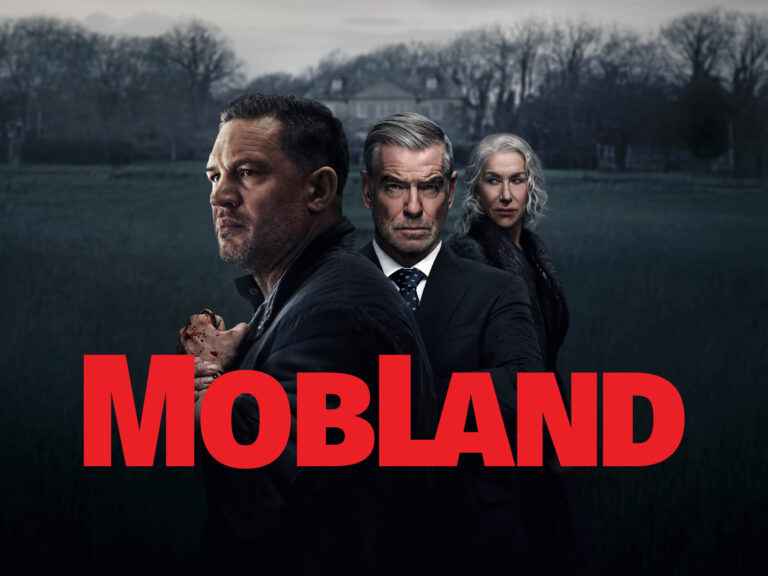Batman Begins (2005) is one of the most celebrated and influential superhero films of the 2000s, blending action, crime drama, and psychological thriller elements with a grounded, origin-story approach. Directed by Christopher Nolan and starring Christian Bale, Michael Caine, Liam Neeson, Katie Holmes, Gary Oldman and Morgan Freeman, this English-language film was released on June 15, 2005. 0
Movie Overview[]

“Batman Begins” rebooted the Batman film franchise by exploring Bruce Wayne’s transformation into the Dark Knight and giving the character a darker, more realistic tone than earlier franchise entries. The story follows Bruce Wayne (Christian Bale) as he travels the world, studying fear and combat, trains with the League of Shadows under Henri Ducard (Liam Neeson), returns to Gotham, and builds a new identity as Batman to fight the crime and corruption that plague the city. The film frames Batman not as a comic-book caricature but as a psychologically complex vigilante who refuses to become an executioner. 1
Christopher Nolan co-wrote the screenplay with David S. Goyer and collaborated with a cast of established actors and technical crew to craft a film that emphasized practical effects, realistic production design, and a tense, character-driven narrative. Hans Zimmer and James Newton Howard provided a brooding, propulsive score that enhances the film’s atmosphere and sense of menace. The result was a widely praised relaunch that set the tone for Nolan’s Dark Knight Trilogy and influenced how modern superhero films handle origin material. 2
Attribute Details[]
- Title[Batman Begins]
- Genre[Superhero; Action; Crime; Drama; Thriller]
- Language[English]
- Release Date[June 15, 2005 (United States)]
- Director[Christopher Nolan]
- Writer[Christopher Nolan, David S. Goyer]
Plot and Themes
“Batman Begins” focuses on origin, trauma, and moral choice. After witnessing his parents’ murder as a child, Bruce Wayne vows to fight the criminal element that ruined his family. The film places major emphasis on fear as both a personal obstacle and a tactical weapon: Bruce learns to master his fear and then weaponize it against criminals, adopting the bat persona to operate as an icon rather than a celebrity vigilante. The League of Shadows introduces ideological conflict—its strict, absolutist view of justice at times aligns with Bruce’s desire to cleanse Gotham but clashes with his refusal to kill. These moral tensions—justice vs. vengeance, symbol vs. man—run through the film and inform both character arcs and action. 3
Casting & Performances
Christian Bale’s portrayal of Bruce Wayne/Batman combines a brooding, haunted presence with physical intensity—Bale brings a believable, modern sensibility to the role. Michael Caine’s Alfred provides emotional ballast and warmth; Liam Neeson’s Ducard/Ra’s al Ghul offers gravitas and menace; Gary Oldman is earnest and grounded as James Gordon; Katie Holmes lends a humanizing love interest in Rachel Dawes; and Morgan Freeman brings calm intelligence as Lucius Fox, the technological mind behind Wayne’s gear. The ensemble’s chemistry and strong supporting turns helped sell Nolan’s more sober, realistic take on the material. 4
Direction, Screenplay & Production
Christopher Nolan’s direction emphasizes practical set-pieces, careful camera work, and an almost documentary-like realism in Gotham’s imagery. Nolan and co-writer David S. Goyer build the screenplay around a core origin beat—childhood trauma, training, return, and transformation—while staging moral conflicts that extend beyond punch-ups. Nolan famously avoided or minimized second-unit work and focused heavily on overseeing each shot; this hands-on approach helped the film feel cohesive and meticulously crafted. Production design, costume work (notably the practical reimagining of the Batsuit), and sound design all contributed to a tactile Gotham City that looked lived-in and dangerous. 5
Music & Soundtrack
The score—composed chiefly by Hans Zimmer and James Newton Howard—moves between low, dissonant textures and militaristic motifs, underpinning the film’s darker emotional register. Zimmer’s approach, often built on percussion, brass and brooding chords, supports the film’s tension and helps render Batman’s presence as both ominous and mythic. The soundtrack release accompanied the film’s theatrical run and is frequently cited for its contribution to the film’s tone. 6
Critical Reception & Legacy
On release, “Batman Begins” garnered generally strong reviews for revitalizing the Batman property, its smart casting, and Nolan’s mature tone. It made a persuasive case that comic-book adaptations could be treated seriously while still delivering blockbuster spectacle. The film’s moderate-to-strong box office performance and critical approval paved the way for Nolan’s follow-ups—2008’s “The Dark Knight” and 2012’s “The Dark Knight Rises”—which together form the Dark Knight Trilogy. The 2005 film is often credited with shifting the trajectory of superhero cinema toward grittier, character-driven narratives. 7
Box Office & Ratings
“Batman Begins” performed well commercially, earning hundreds of millions worldwide and rebuilding audience confidence in the Batman brand. On IMDb the film holds a strong rating from a large number of user votes, reflecting its continued popularity among general audiences; critical aggregators also list generally positive scores. The combination of box office success and strong audience/critical response established “Batman Begins” as the foundation of Nolan’s Batman saga. 8
Why “Batman Begins” Still Matters
More than sixteen years after its release, “Batman Begins” remains an influential case study in rebooting iconic characters: it proves you can reset a franchise by doubling down on character psychology, plausible worldbuilding, and by treating the source material with seriousness rather than camp. Nolan’s film shows that a superhero movie can center on moral dilemmas and trauma while still delivering large-scale action and technical ambition. For readers and viewers exploring modern superhero cinema or origin-story storytelling, “Batman Begins” remains essential viewing. 9
Further Reading & Sources
Key references for the facts in this article include the film’s IMDb page and the detailed Wikipedia entry for “Batman Begins”, which provide credits, release dates, box office, and production notes. For soundtrack details, interviews, and production trivia, consult dedicated film articles and interviews with the cast and crew. 10
Notes: This article used authoritative sources for verification including IMDb and Wikipedia. For direct cast lists and full credits, see the film’s full credits listing. 11
